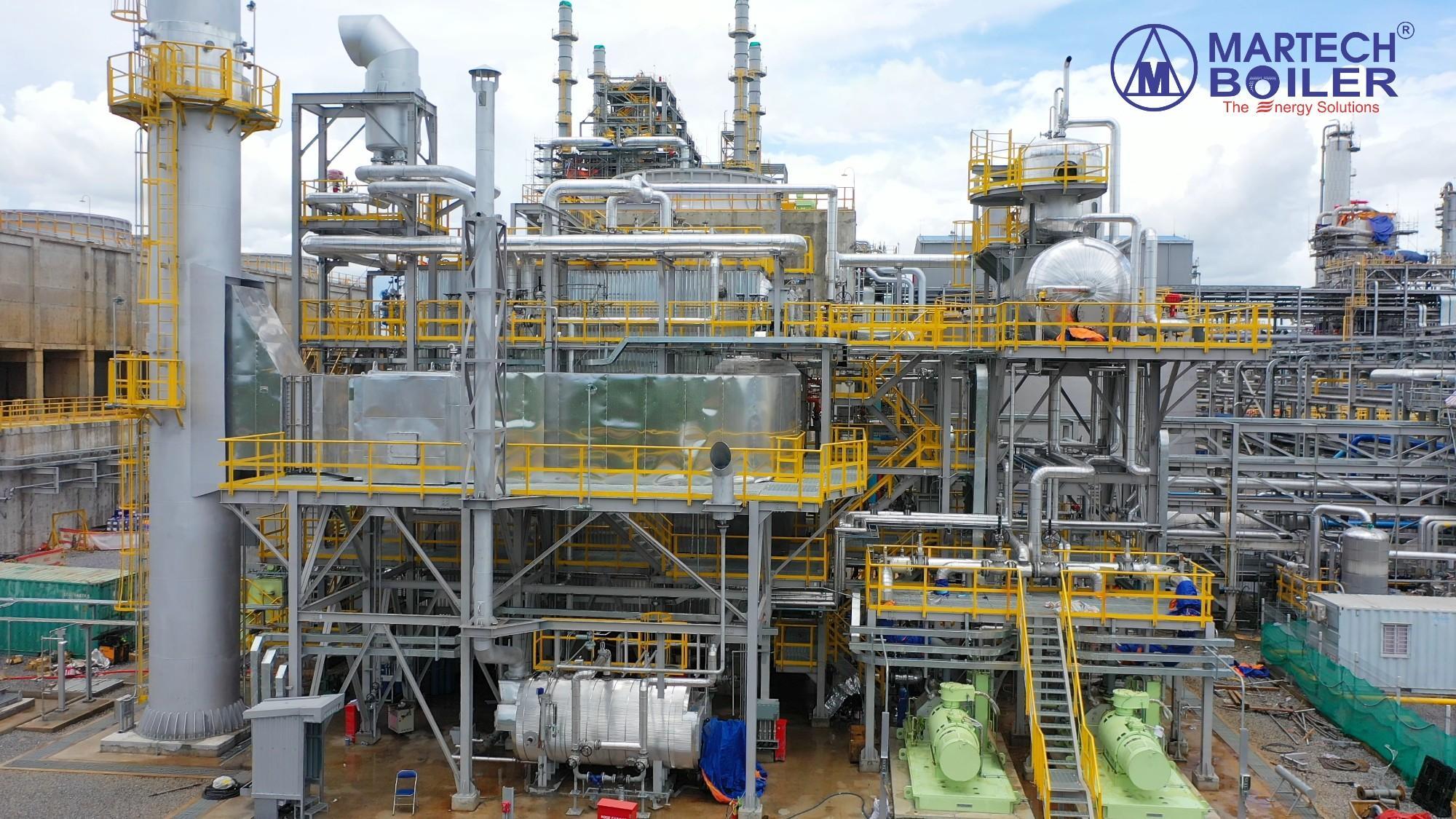Chemicals
1. Chemical industry overview
We live in a world dependent on chemicals. Fertilizers are used to increase agricultural yields. The cosmetics and pharmaceutical industries are reliant on the chemical sector for their key ingredients. And packaging – much of which is used for food and beverages – accounts for the largest share (36%) of global plastic demand, including synthetic textiles. At the current rate of production, Europe alone produces enough plastic packaging to encase the Eiffel Tower in plastic the thickness of a shopping bag every six seconds.
This demand for chemical products has a direct impact on energy demand (and consequently CO2 emissions). The sector accounts for approximately 11% and 8% respectively of the global primary demand for oil and natural gas.

Source: Internet
According to statistics only in Vietnam, the chemical industry needs to use more than 80% of heat energy in production and the remaining percentage is electricity (Source: Scp.gov.vn)
International experts in the field of energy believe that it is necessary to focus on innovation and technology development to improve production capacity and efficient use of energy for the plant.
2. Applications of boilers for the chemical industry
Boiler is an important equipment for chemical production, and the steam produced by it is an indispensable source of heat and power in chemical enterprises. Steam boiler is suitable for all kinds of chemical industries, such as fertilizer plant, oil refinery, feed plant, coating plant, plastic plant, glass plant, sulfuric acid plant, coal chemical, petrochemical and so on.

Chemical Enterprises often use steam - heat in processes such as:
Steam Cracking
About 68% of the world's propylene is produced by steam cracking and about 29% by the FCC process.
Steam cracking is the pyrolysis of saturated hydrocarbons derived from natural gas or petroleum in the presence of steam. This process is primarily used to produce ethylene and propylene, which are important petrochemical feedstocks.
Provides heat for chemical reactions to occur.
In the chemical production process, the plant must perform the stages of distillation, degassing, drying, filtration, membrane separation, adsorption and crystallization to separate and synthesize substances based on differences in boiling point or vapor pressure versus temperature characteristics. Heating, evaporating and condensing are the main tools used in the process - especially distillation to separate liquid components in liquid mixtures.
In addition, the steam - heat of the boiler helps to create a vacuum environment for chemical absorption and heating.

The types of boilers used in the chemical industry are very diverse. Depending on the type of fuel, there are different types of boilers to choose from.
With nearly 30 years of operation in the field of boilers, Martech has provided more than 2500 boilers for most fields including chemicals. Martech boilers provide steam - heat for all production scale with a wide range of capacities and diverse technologies.
For more detailed, Contact us right away to get the best solutions for you!!!!

